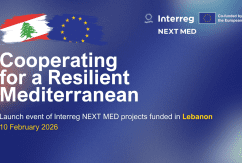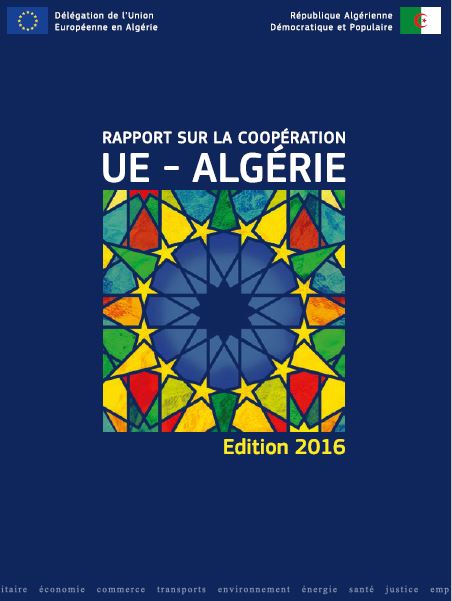Policy impacts of the Climate Change Conferences in the Mediterranean

The Mediterranean region, a recognized climate and biodiversity hotspot, faces accelerated and multifaceted impacts from climate change, with implications for its socio-economic stability, ecosystems, and public health. Rising temperatures, extreme climate events, sea-level rise, water scarcity, and biodiversity loss threaten the environmental, social and economic foundations of the region, especially in sectors like agriculture, tourism, and fisheries taking place in densely populated areas with fragile ecosystems.
The future of the Mediterranean depends on the region’s ability to build resilience and adapt to these multifaceted climate challenges. This will require enhanced regional cooperation, as no country can effectively tackle these issues in isolation. Regional frameworks such as the Union for the Mediterranean and the Barcelona Convention must be strengthened to foster collaboration on climate action, with a particular focus on shared resources like water and energy. Equally important is the need to scale up climate finance.
Mediterranean countries, particularly those with fewer resources, need more robust support from international funding mechanisms like the Green Climate Fund and the Adaptation Fund. These resources must be directed towards projects that address the most pressing issues, such as water management, renewable energy infrastructure, and coastal protection.
Latest Publications
































 Syria
Syria 



